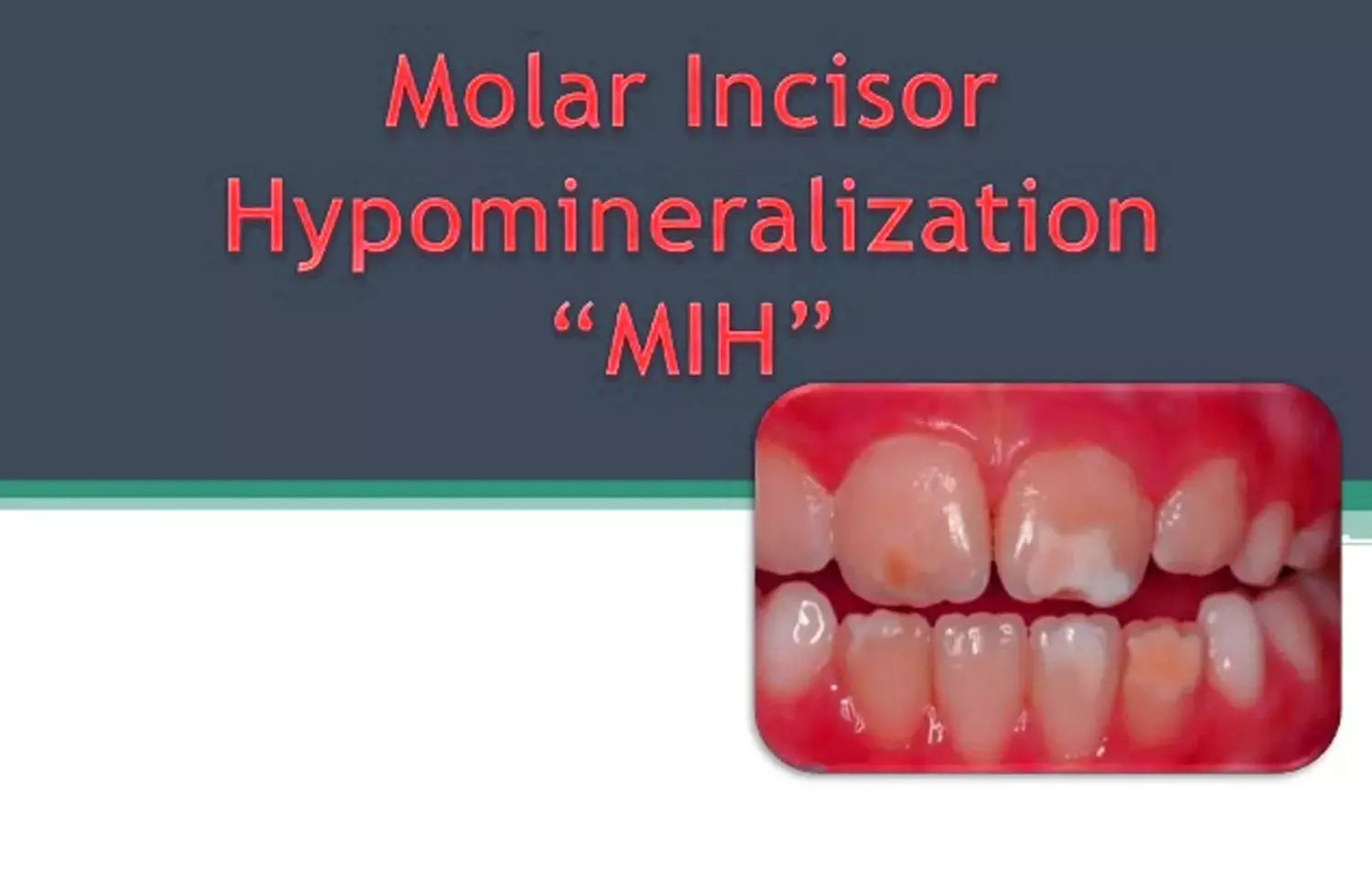- Home
- Medical news & Guidelines
- Anesthesiology
- Cardiology and CTVS
- Critical Care
- Dentistry
- Dermatology
- Diabetes and Endocrinology
- ENT
- Gastroenterology
- Medicine
- Nephrology
- Neurology
- Obstretics-Gynaecology
- Oncology
- Ophthalmology
- Orthopaedics
- Pediatrics-Neonatology
- Psychiatry
- Pulmonology
- Radiology
- Surgery
- Urology
- Laboratory Medicine
- Diet
- Nursing
- Paramedical
- Physiotherapy
- Health news
- Fact Check
- Bone Health Fact Check
- Brain Health Fact Check
- Cancer Related Fact Check
- Child Care Fact Check
- Dental and oral health fact check
- Diabetes and metabolic health fact check
- Diet and Nutrition Fact Check
- Eye and ENT Care Fact Check
- Fitness fact check
- Gut health fact check
- Heart health fact check
- Kidney health fact check
- Medical education fact check
- Men's health fact check
- Respiratory fact check
- Skin and hair care fact check
- Vaccine and Immunization fact check
- Women's health fact check
- AYUSH
- State News
- Andaman and Nicobar Islands
- Andhra Pradesh
- Arunachal Pradesh
- Assam
- Bihar
- Chandigarh
- Chattisgarh
- Dadra and Nagar Haveli
- Daman and Diu
- Delhi
- Goa
- Gujarat
- Haryana
- Himachal Pradesh
- Jammu & Kashmir
- Jharkhand
- Karnataka
- Kerala
- Ladakh
- Lakshadweep
- Madhya Pradesh
- Maharashtra
- Manipur
- Meghalaya
- Mizoram
- Nagaland
- Odisha
- Puducherry
- Punjab
- Rajasthan
- Sikkim
- Tamil Nadu
- Telangana
- Tripura
- Uttar Pradesh
- Uttrakhand
- West Bengal
- Medical Education
- Industry
Resin infiltration effective for maintaining structural integrity of MIH-affected teeth

Dentists from the Department of Morphology and Pediatric Dentistry, Araraquara School of Dentistry, Sao Paulo State University (UNESP), Brazil have recently found out that resin infiltration proved to be a more efficacious intervention to maintain the structural integrity of MIH-affected teeth than fluoride varnish therapies.
The study is published in the Journal of Dentistry.
Vinícius Krieger Costa Nogueira and colleagues conducted this study to evaluate the influence of fluoride varnish (FV) therapies or resin infiltration (RI) to maintain the structural integrity of Molar Incisor Hypomineralization (MIH) -affected teeth.
The authors included a total of fifty-one children aged 6–12 years with at least one incisor and one first permanent molar with yellow/brown MIH opacities. Patients were randomly allocated into three groups: FV – Fluoride Varnish (Duraphat); FV+etch – Fluoride Varnish (Duraphat) after enamel etching with 37% phosphoric acid; or RI – Resin Infiltration system (Icon). Opacities were monitored for 18 months.
The primary outcome was the loss of integrity due to post-eruptive enamel breakdown (PEB). Covariables included sex, age, DMFT index, opacity color, plaque index, number of MIH-affected teeth, and number of MIH-affected surfaces. Fisher's Exact was used to test the association of treatments with PEB, the Kaplan-Meyer method analyzed the survival rates and Cox-regression determined which covariables would predict failure (α=0.05).
The results showed that from a total of 235 teeth, the PEB rate for RI (6.1%) was significantly lower (p<0.05) than FV (17.9%; OR 3.0, 95%CI 1.07, 8.48) and FV+etch (17.3%; OR 3.1, 95%CI 1.13, 8.73) and the DMFT index >3, brown opacities, cusp involvement, and age between 6–8 years predicted PEB (p<0.05).
Hence, it was concluded that "resin infiltration positively influenced the structural integrity maintenance of MIH-affected teeth by decreasing the risk of enamel breakdown over18 months follow-up."
Resin infiltration proved to be a more efficacious intervention to maintain the structural integrity of MIH-affected teeth than fluoride varnish therapies, they further added.
Dr. Nandita Mohan is a practicing pediatric dentist with more than 5 years of clinical work experience. Along with this, she is equally interested in keeping herself up to date about the latest developments in the field of medicine and dentistry which is the driving force for her to be in association with Medical Dialogues. She also has her name attached with many publications; both national and international. She has pursued her BDS from Rajiv Gandhi University of Health Sciences, Bangalore and later went to enter her dream specialty (MDS) in the Department of Pedodontics and Preventive Dentistry from Pt. B.D. Sharma University of Health Sciences. Through all the years of experience, her core interest in learning something new has never stopped. She can be contacted at editorial@medicaldialogues.in. Contact no. 011-43720751
Dr Kamal Kant Kohli-MBBS, DTCD- a chest specialist with more than 30 years of practice and a flair for writing clinical articles, Dr Kamal Kant Kohli joined Medical Dialogues as a Chief Editor of Medical News. Besides writing articles, as an editor, he proofreads and verifies all the medical content published on Medical Dialogues including those coming from journals, studies,medical conferences,guidelines etc. Email: drkohli@medicaldialogues.in. Contact no. 011-43720751


